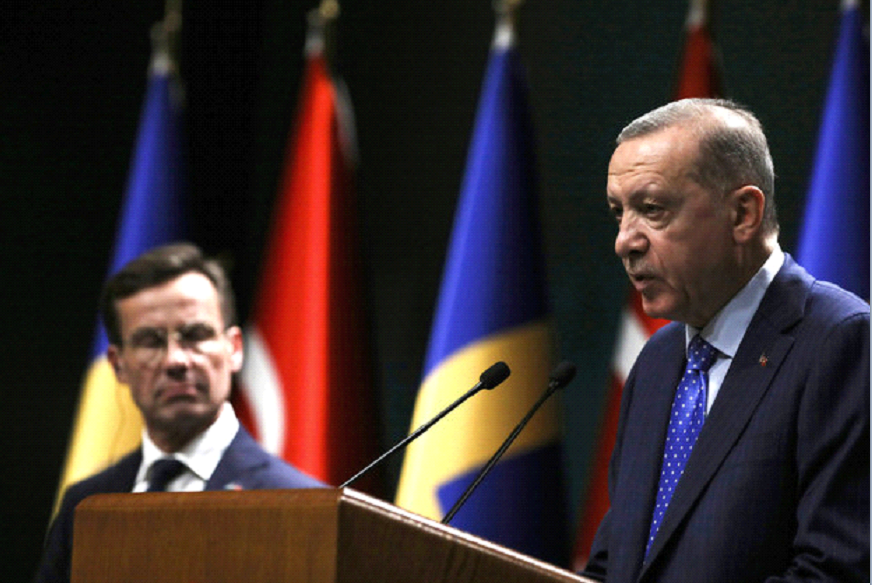Concerns regarding the effects of climate change on national security and defense policies have been sparked by recent extreme weather occurrences in Sweden and Turkey that caused extensive damage. Pressure to meet these new concerns was placed on the NATO alliance when Sweden and Turkey both endured extreme heat waves.
Devastating Floods in Turkey
Turkey recently experienced devastating floods that left behind a great deal of wreckage and several dead. Infrastructure was overloaded by heavy rainfall, which caused flash floods in numerous areas. There were enormous financial losses because of the destruction of homes and the disruption of vital services. These floods have brought attention to Turkey’s coastal regions’ vulnerability and underlined the urgent need for adaptative measures to lessen the effects of climate change.
Sweden Experiences Unprecedented Heatwaves
Sweden has been dealing with heatwaves that break records, with temperatures rising well above average. In addition to health problems, the extreme heat has led to wildfires that are endangering people and woodlands. The intense heat has affected crops and water supplies as well as electricity resources. The issue for Sweden is to retain its sustainability objectives while adjusting to these shifting climate conditions.
Climate Changes and Security Concerns
Extreme weather incidents in Sweden and Turkey are worrisome indications of the expanding impact of climate change on international security. Extreme weather conditions, frequent storms, and rising sea levels can obstruct military operations, jeopardize vital infrastructure, and cause a mass exodus. As a result, multilateral alliances like NATO must take a comprehensive approach to addressing climate change as a security concern.
NATO’s Response and adaptation plans
NATO has started working to address these issues because it recognizes the connection between climate change and security. By including climate change concerns in its defense planning and infrastructure construction, the alliance is strengthening its resilience and adaptation plans. Member nations of NATO are working together to exchange best practices, advance early warning systems, and boost preparedness for disasters.

